Six Common Liens in Personal Injury Cases
- Medical Lien – A lien between you and your medical provider.
- Health Insurance Lien – A lien with private or employer-funded health insurance plans.
- Medicaid Lien – A lien with benefit recipients, which is governed by federal and state law.
- Medicare Lien – A lien with benefit recipients, which is governed by federal law.
- Hospital Lien – A lien governed by state law and asserted by a hospital.
- Auto Insurance Lien – A lien for Personal Injury Protection payments.
Medical liens can be many different things. For someone involved in an injury or accident, they are often overlooked or misunderstood by the injured party. For me, they are frustrating yet somehow fascinating. But no matter what, they can be very dangerous.
WARNING: this is an extremely difficult subject that I will try to break down into easy terms.
What is a medical lien?
In a personal injury case, a medical lien is a demand for repayment (also known as subrogation) of medical expenses paid on your behalf.
Why are medical liens asserted?
Medical liens are asserted because your health insurance company has paid for your medical expenses and you may be receiving money for those same medical expenses through a settlement.
After long-fought battles in the United States Supreme Court, insurance companies won the argument that you are receiving a double payment for your injuries. Therefore, they are entitled to reimbursement.
When do you pay your medical lien?
Medical liens are paid when you settle any type of claim.
Do you have to pay the whole medical lien?
Yes and no. Depending on the
lienholder, your lien may be reduced. The reduction is often based on your attorneys’ fees. This means the lienholder may reduce the lien by the cost of the attorneys’ fees. Basically, they are paying their share of your attorney.
What if I do not receive a lot of money from a settlement?This is where things get tricky. Some liens must be paid back before you or your attorney are paid. Other liens will take into consideration what we call “made whole.” In other words, they are not paid back until you are made whole from your losses. Whether you are made whole or not depends on many different factors. What about my medical expenses after settlement?The right to reimbursement stops after settlement and the lien is paid. Your medical expenses should be covered by your health insurance company as they normally would. However, there are some exceptions with more serious injuries. What if I do not pay the lien?Depending on the type of lien, you could be sued, fined, or jailed. You could also lose your insurance benefits altogether. Bottom line: medical liens should never be ignored. Disclaimer: This article is not intended to be used as legal advice and is not a blanket for every situation. You should always consult with your attorney. |

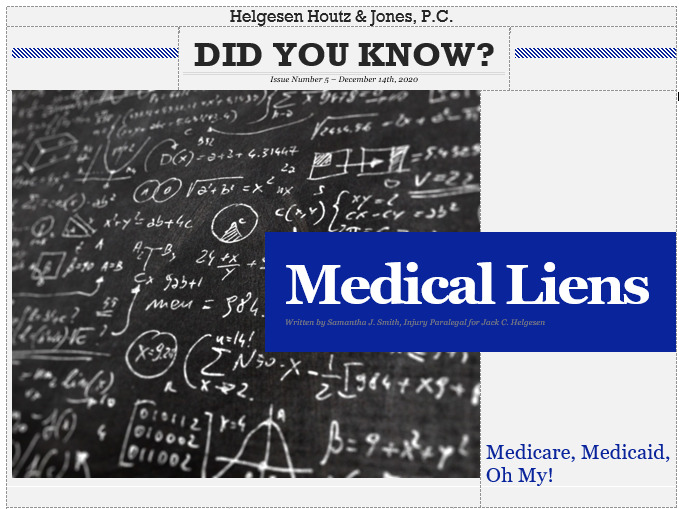
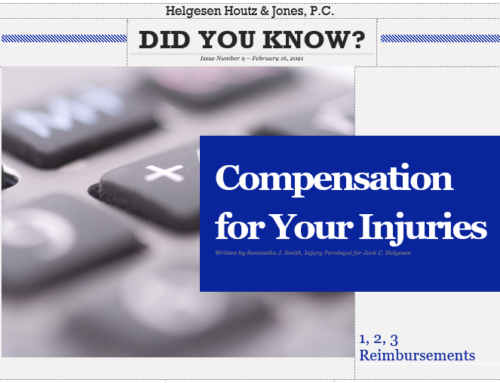
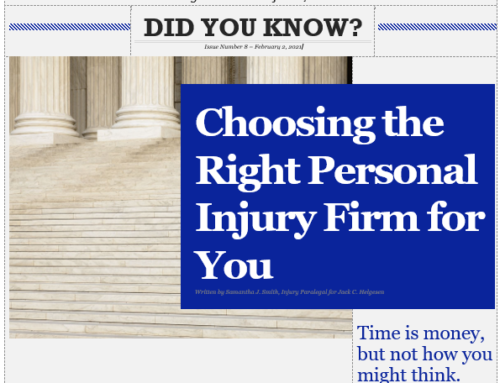
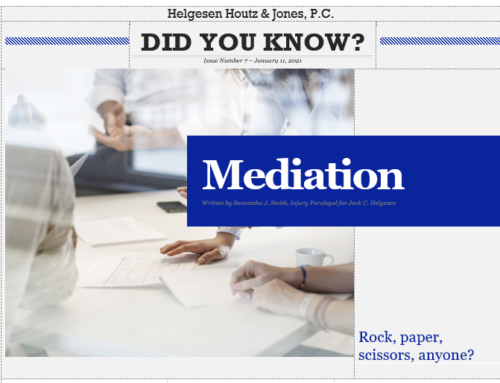
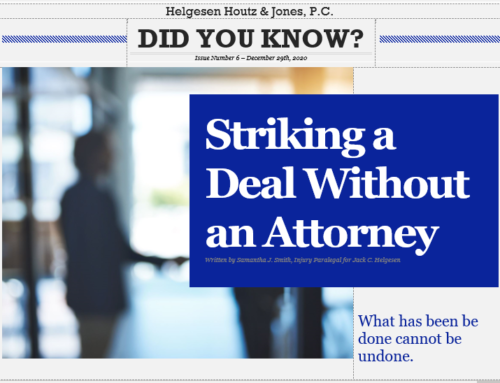

Leave A Comment